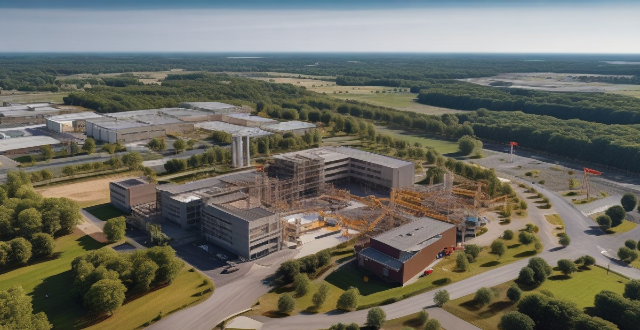Communities can improve their resilience against disasters by focusing on education and awareness, infrastructure and building codes, emergency response plans, resource allocation, communication systems, and community participation. This includes conducting workshops, drills and simulations, reinforcing construction, retrofitting old structures, marking evacuation routes, preparing shelter spaces, stockpiling supplies, establishing alert systems, creating volunteer programs, and encouraging neighborhood watch groups.

How Can Communities Improve Their Resilience Against Disasters?
Disasters can strike at any time, and it is crucial for communities to be prepared and resilient. Here are some ways that communities can improve their resilience against disasters:
1. Education and Awareness
- Community Workshops: Conduct workshops to educate residents about potential disasters and how to respond during an emergency.
- Drills and Simulations: Regularly conduct drills and simulations to help residents understand the severity of disasters and practice response measures.
2. Infrastructure and Building Codes
- Reinforced Construction: Ensure that new buildings are constructed with disaster-resistant materials and designs.
- Retrofitting Old Structures: Retrofit older buildings to make them more resistant to disasters.
3. Emergency Response Plans
- Evacuation Routes: Clearly mark evacuation routes and have multiple routes in case some are blocked.
- Shelter Spaces: Identify and prepare shelter spaces that can accommodate a large number of people.
4. Resource Allocation
- Stockpiling Supplies: Stockpile necessary supplies like food, water, medical kits, and blankets.
- Equipment for Rescue and Recovery: Have equipment ready for search and rescue operations, as well as for cleanup and recovery.
5. Communication Systems
- Alert Systems: Establish effective alert systems to warn residents of impending disasters.
- Information Sharing: Have systems in place to share information during and after a disaster.
6. Community Participation
- Volunteer Programs: Create volunteer programs where residents can be trained in first aid, firefighting, and other essential skills.
- Neighborhood Watch: Encourage residents to form neighborhood watch groups that can monitor the area for potential hazards and assist during emergencies.
By implementing these measures, communities can become more resilient and better prepared to face and recover from disasters.